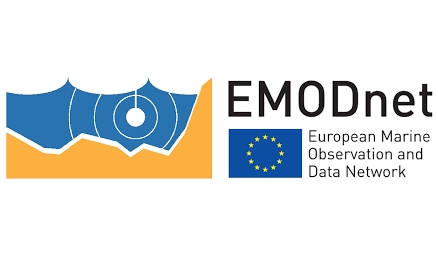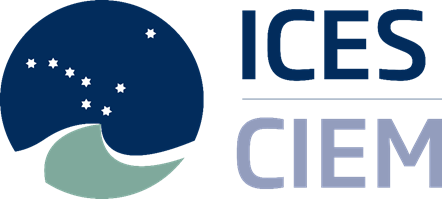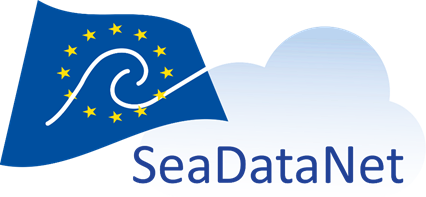Biology
Type of resources
Available actions
Topics
Keywords
Contact for the resource
Provided by
Years
Representation types
-

EMODnet Biology provides three keys services and products to users. 1)The data download toolbox allows users to explore available datasets searching by source, geographical area, and/or time period. Datasets can be narrowed down using a taxonomic criteria, whether by species group (e.g. benthos, fish, algae, pigments) or by both scientific and common name. 2) The data catalogue is the easiest way to access nearly 1000 datasets available through EMODnet Biology. Datasets can be filtered by multiple parameters via the advanced search from taxon, to institute, to geographic region. Each of the resulting datasets then links to a detailed fact sheet containing a link to original data provider, recommended citation, policy and other relevant information. Data Products - EMODnet Biology combines different data from datasets with overlapping geographic scope and produces dynamic maps of selected species abundance. The first products are already available and they focus on species whose data records are most complete and span for a longer term.
-
The European Ocean Biogeographic Information System - EurOBIS - is an online marine biogeographic database compiling data on all living marine creatures. The principle aims of EurOBIS are to centralize the largely scattered biogeographic data on marine species collected by European institutions and to make these data freely available and easily accessible. All data go through a number of quality control procedures before they are made available online, assuring a minimum level of quality necessary to put the data to good use. The available data are either collected within European marine waters or by European researchers and institutes outside Europe. The database focuses on taxonomy and distribution records in space and time; all data can be searched and visualised through a set of online mapping tools. All data are freely available online and easily accessible, without requiring a login or password.
-

The International Council for the Exploration of the Sea (ICES), is a global organization that develops science and advice to support the sustainable use of the oceans. ICES is a network of more than 5,000 scientists from over 690 marine institutes in 20 member countries and beyond. 1,500 scientists participate in our activities annually. ICES has a well-established Data Centre, which manages a number of large dataset collections related to the marine environment. The majority of data – covering the Northeast Atlantic, Baltic Sea, Greenland Sea, and Norwegian Sea – originate from national institutes that are part of the ICES network. The ICES Data Centre provides marine data services to ICES member countries, expert groups, world data centres, regional seas conventions (HELCOM and OSPAR), the European Environment Agency (EEA), Eurostat, and various other European projects and biodiversity portals. ICES aims to provide all data collections online and according to the ICES Data policy, which enables open access to all data that are do not fall under specific commercial or personal privacy concerns.
-

SeaDataNet is a standardized infrastructure for managing the large and diverse marine data sets collected at sea by the oceanographic fleets, the ships of opportunity and the automatic observation systems. The SeaDataNet infrastructure network sand enhances the currently existing infrastructures, which are the national oceanographic data centres or data focal points of 34 countries, active in data collection. The networking of these professional data centres, in a unique virtual data management system provides integrated data sets of standardized quality on-line. As a research infrastructure, SeaDataNet contributes to build research excellence in Europe. SeaDataNet connects together more than 100 data centres aiming at preserving and making re-useable marine observations ranging from ocean physics to chemistry and biology. SeaDataNet infrastructure was implemented during the SeaDataNet project (2006-2011), grant agreement 026212, EU Sixth Framework Programme. The second phase, SeaDataNet 2 project (2011-2015), grant agreement 283607, EU Seventh Framework Programme has upgraded the SeaDataNet infrastructure into an operationally robust and state-of-the-art Pan-European infrastructure for providing up-to-date and high quality access to ocean and marine metadata, data and data products by: setting, adopting and promoting common data management standards, realizing technical and semantic interoperability with other relevant data management systems and initiatives on behalf of science, environmental management, policy making, and economy. SeaDataCloud project (2016-2020), grant agreement 730960, EU H2020 programme, aims at considerably advancing SeaDataNet Services and increasing their usage, adopting cloud and High Performance Computing technology for better performance.
 Catalogue PIGMA
Catalogue PIGMA